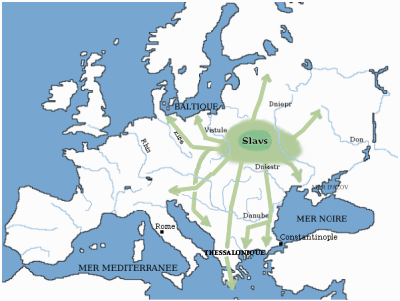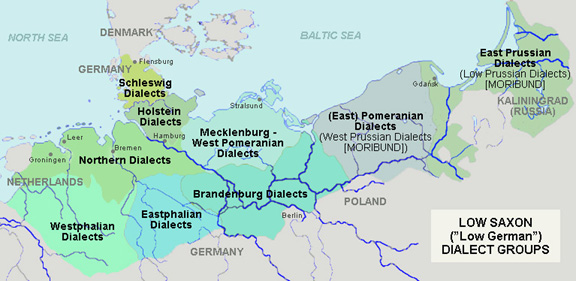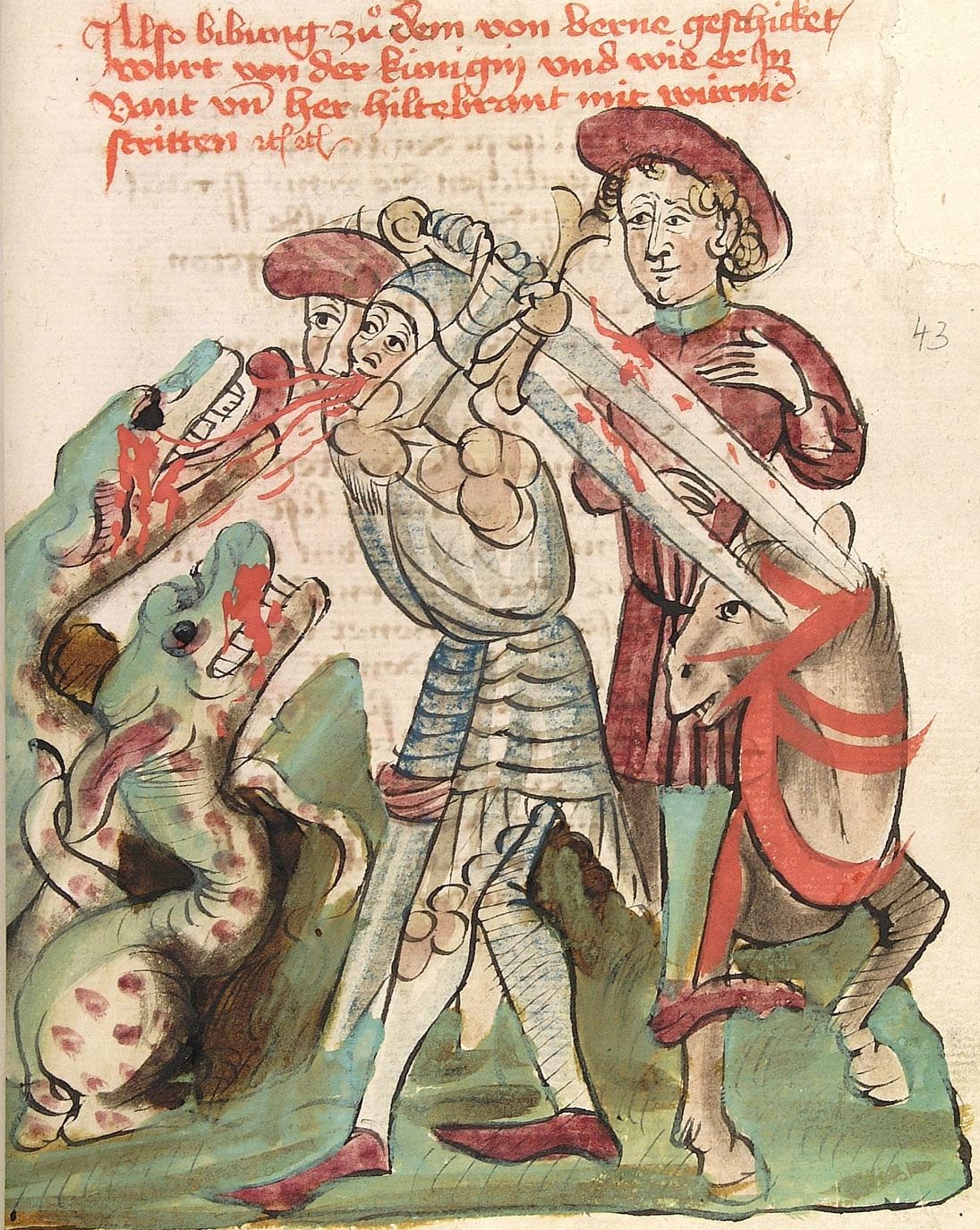|
Dietrich Und Wenezlan
''Dietrich und Wenezlan'' (Dietrich and Wenezlan) is a fragmentary Middle High German poem about the legendary hero Dietrich von Bern, the counterpart of the historical Ostrogothic king Theodoric the Great in Germanic heroic legend. It usually considered part of the so-called "historical" Dietrich material, as it appears to cite Dietrich's exile at the court of Etzel described in the "historical poems" ''Dietrichs Flucht'' and the '' Rabenschlacht''. The fragment of about 500 lines tells of Dietrich's challenge by Wenezlan of Poland, who has captured one of Dietrich's warriors. It is unclear whether the fragment was the main focus of a poem or a single episode from a longer poem. Summary Dietrich und Wenezlan has only survived in a single, incomplete and fragmentary version of about 499 rhyming couplets. Dietrich is at the court of Etzel, when Wolfhart, who, along with Hildebrand, has been captured by Wenezlan, arrives to tell him that Wenezlan wants to engage Dietrich in single c ... [...More Info...] [...Related Items...] OR: [Wikipedia] [Google] [Baidu] |
Middle High German
Middle High German (MHG; or ; , shortened as ''Mhdt.'' or ''Mhd.'') is the term for the form of High German, High German language, German spoken in the High Middle Ages. It is conventionally dated between 1050 and 1350, developing from Old High German (OHG) into Early New High German (ENHG). High German is defined as those varieties of German which were affected by the High German consonant shift, Second Sound Shift; the Middle Low German (MLG) and Middle Dutch languages spoken to the North and North West, which did not participate in this sound change, are not part of MHG. While there is no ''standard'' MHG, the prestige of the Hohenstaufen court gave rise in the late 12th century to a supra-regional literary language () based on Swabian dialect, Swabian, an Alemannic German, Alemannic dialect. This historical interpretation is complicated by the tendency of modern editions of MHG texts to use ''normalised'' spellings based on this variety (usually called "Classical MHG"), which ... [...More Info...] [...Related Items...] OR: [Wikipedia] [Google] [Baidu] |
Courtly Romance
Courtesy (from the word , from the 12th century) is gentle politeness and courtly manners. In the Middle Ages in Europe, the behaviour expected of the nobility was compiled in courtesy books. History The apex of European courtly culture was reached in the Late Middle Ages and the Baroque period (i.e. roughly the four centuries spanning 1300–1700). The oldest courtesy books date to the 13th century, but they become an influential genre in the 16th, with the most influential of them being '' Il Cortegiano'' (1508), which not only covered basic etiquette and decorum but also provided models of sophisticated conversation and intellectual skill. The royal courts of Europe persisted well into the 18th century (and to some limited extent to the present day), but in the 18th century, the notion of ''courtesy'' was replaced by that of '' gallantry'', referring to an ideal emphasizing the display of affected sensitivity in direct contrast with the ideals of self-denial and dignif ... [...More Info...] [...Related Items...] OR: [Wikipedia] [Google] [Baidu] |
German Heroic Legends
German(s) may refer to: * Germany, the country of the Germans and German things **Germania (Roman era) * Germans, citizens of Germany, people of German ancestry, or native speakers of the German language ** For citizenship in Germany, see also German nationality law **Germanic peoples (Roman era) *German diaspora * German language * German cuisine, traditional foods of Germany People * German (given name) * German (surname) * Germán, a Spanish name Places * German (parish), Isle of Man * German, Albania, or Gërmej * German, Bulgaria * German, Iran * German, North Macedonia * German, New York, U.S. * Agios Germanos, Greece Other uses * German (mythology), a South Slavic mythological being * Germans (band), a Canadian rock band * German (song), "German" (song), a 2019 song by No Money Enterprise * ''The German'', a 2008 short film * "The Germans", an episode of ''Fawlty Towers'' * ''The German'', a nickname for Congolese rebel André Kisase Ngandu See also * Germanic ... [...More Info...] [...Related Items...] OR: [Wikipedia] [Google] [Baidu] |
Dietrich Von Bern Cycle
Dietrich () is an ancient German name meaning "ruler of the people", but also "keeper of the keys" or "lockpick" (either the tool or the profession). Given name * Dietrich, Count of Oldenburg (c. 1398–1440) * Thierry of Alsace (; 1099–1168), Count of Flanders * Dietrich of Ringelheim (9th century), Saxon count and father of St Matilda * Dietrich Bonhoeffer (1906–1945), German Lutheran pastor and theologian * Wilhelm Dietrich von Buddenbrock (1672–1757), Prussian field marshal and cavalry leader * Dieterich Buxtehude (c. 1637/39–1707), Danish-German composer and organist * Dietrich von Choltitz (1894–1966), German General and last commander of Nazi-occupied Paris in 1944 * Dietrich Eckart (1868–1923), German politician * Dietrich Enns (born 1991), American baseball player * Dietrich Fischer-Dieskau (1925–2012), German baritone singer * Dietrich von Hildebrand (1889–1977), German Catholic philosopher and theologian * Dietrich Hollinderbäumer (born 1942), Germ ... [...More Info...] [...Related Items...] OR: [Wikipedia] [Google] [Baidu] |
Slavs
The Slavs or Slavic people are groups of people who speak Slavic languages. Slavs are geographically distributed throughout the northern parts of Eurasia; they predominantly inhabit Central Europe, Eastern Europe, Southeastern Europe, and Northern Asia, though there is a large Slavic minority scattered across the Baltic states and Central Asia, and a substantial Slavic diaspora in the Americas, Western Europe, and Northern Europe. Early Slavs lived during the Migration Period and the Early Middle Ages (approximately from the 5th to the 10th century AD), and came to control large parts of Central, Eastern, and Southeast Europe between the sixth and seventh centuries. Beginning in the 7th century, they were gradually Christianized. By the 12th century, they formed the core population of a number of medieval Christian states: East Slavs in the Kievan Rus', South Slavs in the Bulgarian Empire, the Principality of Serbia, the Duchy of Croatia and the Banate of B ... [...More Info...] [...Related Items...] OR: [Wikipedia] [Google] [Baidu] |
Low German
Low German is a West Germanic languages, West Germanic language variety, language spoken mainly in Northern Germany and the northeastern Netherlands. The dialect of Plautdietsch is also spoken in the Russian Mennonite diaspora worldwide. "Low" refers to the altitude of the areas where it is typically spoken. Low German is most closely related to Frisian languages, Frisian and English language, English, with which it forms the North Sea Germanic group of the West Germanic languages. Like Dutch language, Dutch, it has historically been spoken north of the Benrath line, Benrath and Uerdingen line, Uerdingen isoglosses, while forms of High German languages, High German (of which Standard German is a standardized example) have historically been spoken south of those lines. Like Frisian, English, Dutch and the North Germanic languages, Low German has not undergone the High German consonant shift, as opposed to Standard German, Standard High German, which is based on High German langu ... [...More Info...] [...Related Items...] OR: [Wikipedia] [Google] [Baidu] |
Biterolf Und Dietleib
''Biterolf und Dietleib'' (Biterolf and Dietlieb) is an anonymous Middle High German heroic poem concerning the heroes Biterolf of Toledo and his son Dietleib of Styria. It tells the tale of Biterolf and Dietleib's service at the court of Etzel, king of the Huns, in the course of which the heroes defeat Etzel's enemies, including an extended war/tournament against the Burgundian heroes of the ''Nibelungenlied''. As a reward for their services, Dietleib and Biterolf receive the March of Styria as a fief. The text is characterized by its comedic parody of the traditions of heroic epic. ''Biterolf und Dietleib'' is only attested in the Ambraser Heldenbuch (1504-1516), but it may have been composed in the thirteenth century. The poem is sometimes considered part of the cycle of legends about Dietrich von Bern: it is then either considered part of the so-called "historical" Dietrich poems, or else placed together in its own subgroup of Dietrich poems together with the ''Rosengarten zu ... [...More Info...] [...Related Items...] OR: [Wikipedia] [Google] [Baidu] |
Rus' People
The Rus, also known as Russes, were a people in early medieval Eastern Europe. The scholarly consensus holds that they were originally Norsemen, mainly originating from present-day Sweden, who settled and ruled along the river-routes between the Baltic and the Black Seas from around the 8th to 11th centuries AD. The two original centres of the Rus' were Ladoga (''Aldeigja''), founded in the mid-8th century, and Rurikovo Gorodische (''Holmr''), founded in the mid-9th century. The two settlements were situated at opposite ends of the Volkhov River, between Lake Ilmen and Lake Ladoga, and the Norsemen likely called this territory ''Gardar''. From there, the name of the Rus' was transferred to the Middle Dnieper, and the Rus' then moved eastward to where the Finnic tribes lived and southward to where the Slavs lived. The name '' Garðaríki'' was applied to the newly formed state of Kievan Rus', and the ruling Norsemen along with local Finnic tribes gradually assimilated in ... [...More Info...] [...Related Items...] OR: [Wikipedia] [Google] [Baidu] |
Wenceslaus I, Duke Of Bohemia
Wenceslaus I ( ; 907 – 28 September 935), Wenceslas I or ''Václav the Good'' was the Prince (''Knyaz, kníže'') of Duchy of Bohemia, Bohemia from 921 until his death, probably in 935. According to the legend, he was assassinated by his younger brother, Boleslaus I, Duke of Bohemia, Boleslaus the Cruel. His martyrdom and the popularity of several biographies gave rise to a reputation for heroic virtue that resulted in his sainthood. He was posthumously declared to be a king and patron saint of the Czech Republic, Czech state. He is the subject of the well-known "Good King Wenceslas", a carol for Saint Stephen's Day. Biography Wenceslaus was the son of Vratislaus I, Duke of Bohemia from the Přemyslid dynasty. His grandfather, Bořivoj I of Bohemia, and grandmother, Ludmila, had been converted by Cyril and Methodius to Eastern Orthodox Church, Byzantine Christianity in a still unified Christendom, before the East–West Schism, Great Schism. His mother, Drahomíra, was the d ... [...More Info...] [...Related Items...] OR: [Wikipedia] [Google] [Baidu] |
Rhyming Couplets
In poetry, a couplet ( ) or distich ( ) is a pair of successive lines that rhyme and have the same metre. A couplet may be formal (closed) or run-on (open). In a formal (closed) couplet, each of the two lines is end-stopped, implying that there is a grammatical pause at the end of a line of verse. In a run-on (open) couplet, the meaning of the first line continues to the second. Background The word "couplet" comes from the French word meaning "two pieces of iron riveted or hinged together". The term "couplet" was first used to describe successive lines of verse in Sir P. Sidney's ''Arcadia ''in 1590: "In singing some short coplets, whereto the one halfe beginning, the other halfe should answere." While couplets traditionally rhyme, not all do. Poems may use white space to mark out couplets if they do not rhyme. Couplets in iambic pentameter are called ''heroic couplets''. John Dryden in the 17th century and Alexander Pope in the 18th century were both well known for their writ ... [...More Info...] [...Related Items...] OR: [Wikipedia] [Google] [Baidu] |
Dietrich Von Bern
Dietrich von Bern is the name of a character in Germanic heroic legend who originated as a legendary version of the Ostrogothic king Theodoric the Great. The name "Dietrich", meaning "Ruler of the People", is a form of the Germanic name "Theodoric". In the legends, Dietrich is a king ruling from Verona (Bern) who was forced into exile with the Huns under Attila, Etzel by his evil uncle Ermanaric, Ermenrich. The differences between the known life of Theodoric and the picture of Dietrich in the surviving legends are usually attributed to a long-standing oral tradition that continued into the sixteenth century. Most notably, Theodoric was an invader rather than the rightful king of Italy and was born shortly after the death of Attila and a hundred years after the death of the historical Gothic king Ermanaric. Differences between Dietrich and Theodoric were already noted in the Early Middle Ages and led to a long-standing criticism of the oral tradition as false. Legends about Theod ... [...More Info...] [...Related Items...] OR: [Wikipedia] [Google] [Baidu] |






